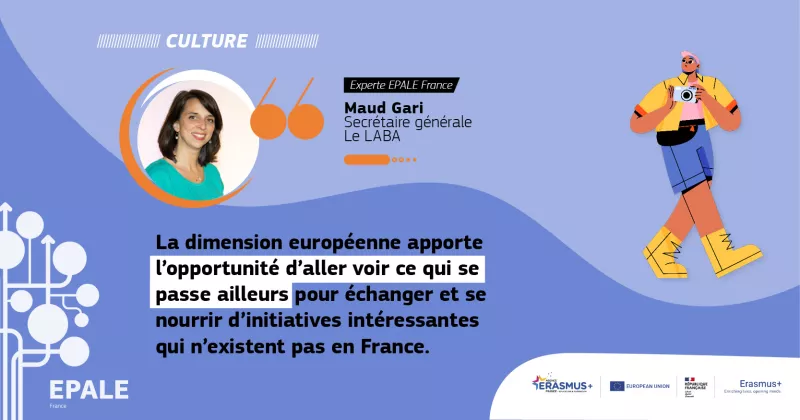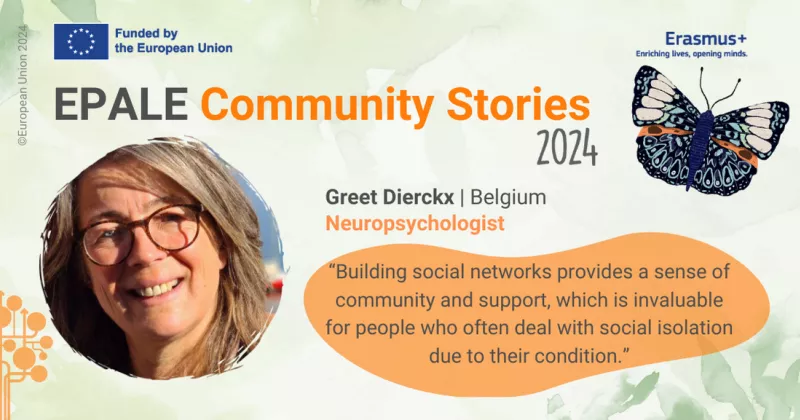Digitalize the VET sector now!
What is Digitalisation?
Digitalisation refers to the integration of cutting-edge digital technologies as a way to help organizations, society, and the market to improve the efficiency of their operations, make automation possible, and provide new revenue and value-producing opportunities. Yet, due to economic reasons (i.e., lack of funds), inaccessibility (i.e., for people that are located in rural areas, or people with low socioeconomic status), and other social reasons (i.e., people that belong to vulnerable social groups) not all individuals are able to easily improve their skills in accord with the technological progress. To provide a solution for this problem, and as an initial part of the digitalisation in the VET sector, both learners and educators are expected to develop new skills and knowledge in order to stay up to date with technological progress and market needs. This will increase both educators’ and learners’ competences, productivity, and efficiency in their current and future roles.
Why is Digitalisation in the VET sector important?
The use of digital skills in education significantly influenced the quality of education as well as its forms and methods as they have altered the way people communicate ideas, learn and work. Yet, digitalisation in the educational sector is a phenomenon that still requires new knowledge and skills to remain aligned with the rapid technological progress, the needs of the market, and the competences required for individual learners and workers to excel.
What Digital Transformation entails?
Some of the most crucial parts of digital transformation in the VET sector are:
- Integration of digital technology & Infrastructure: It consists of the provision of modern digital equipment, and digital transformation processes, as well as opening up to new opportunities and requirements (i.e., the capacity to store, extract and process data while satisfying the requirement of trust, security and fundamental rights).
- Human Capital: The formation and development of digital competence for all the participants (educators & learners) in the educational space.
- Connectivity: According to the Broadband Coverage in Europe, each and every EU member has to maintain some specific broadband coverage objectives that are essential to support any digitalisation-related goals.
- Modes of Learning: The use of remote learning, online learning (synchronous & asynchronous) and self-directed learning.
- Innovation & Absorption: It is interrelated to the aims of digitalisation, and by increasing the level of innovation we promote sustainable development, economic growth, prosperity, and citizens’ welfare. Innovation also depends on the ability of the organizations to access, recognize and absorb knowledge from various sources, which is the absorptive capacity of the company. The concept of open innovation and the concept of "connect and develop" (C&D) sets the knowledge access and absorption activities at the core of the innovation development process.
- Growth culture: A growth organizational culture consists of employees that build their mindset and capacity to see through blind spots and acknowledge problems and potential solutions
What are the basic pillars of digitalisation?
- Promote digital literacy and tech skills
- Adopt and integrate emergent technologies
- Promote digitalisation by having a learner-centred approach
- Promote digitalisation by paying attention to employees’ experience
The above information was retrieved from the "Manual for the Digitalisation of the VET Sector" which is published under the responsibility of the GROOVE Project consortium. The Manual is licensed under CC BY-NC-SA 4.0. This project has been funded with support from the European Commission. This publication reflects the views only of the author, and the commission cannot be held responsible for any use which may be made of the information contained therein. Project Number: [Project Number: 2021-1-CY01-KA220-VET-000033254]. You can access the full Manual here www.grooveproject.eu/resources available in English, Spanish, German, Portuguese, and Greek.
Demos Michael is an education researcher at CARDET (Center for the Advancement of Research & Development in Educational Technology). He is interested in equity and inclusion of educational effectiveness, as well as non-cognitive processes for academic and professional achievement. More specific fields of interest are motivation, achievement choices, expectancy beliefs, mindset, perseverance, persistence, self-efficacy and others. He has been recently involved in the implementation of various projects in adult education such as the development of the Cyprus Lifelong Learning Strategy 2021-2027, and research project such as experimentation of field trials at schools. He believes that all individuals have a unique capability to develop genius and thrive in life.





